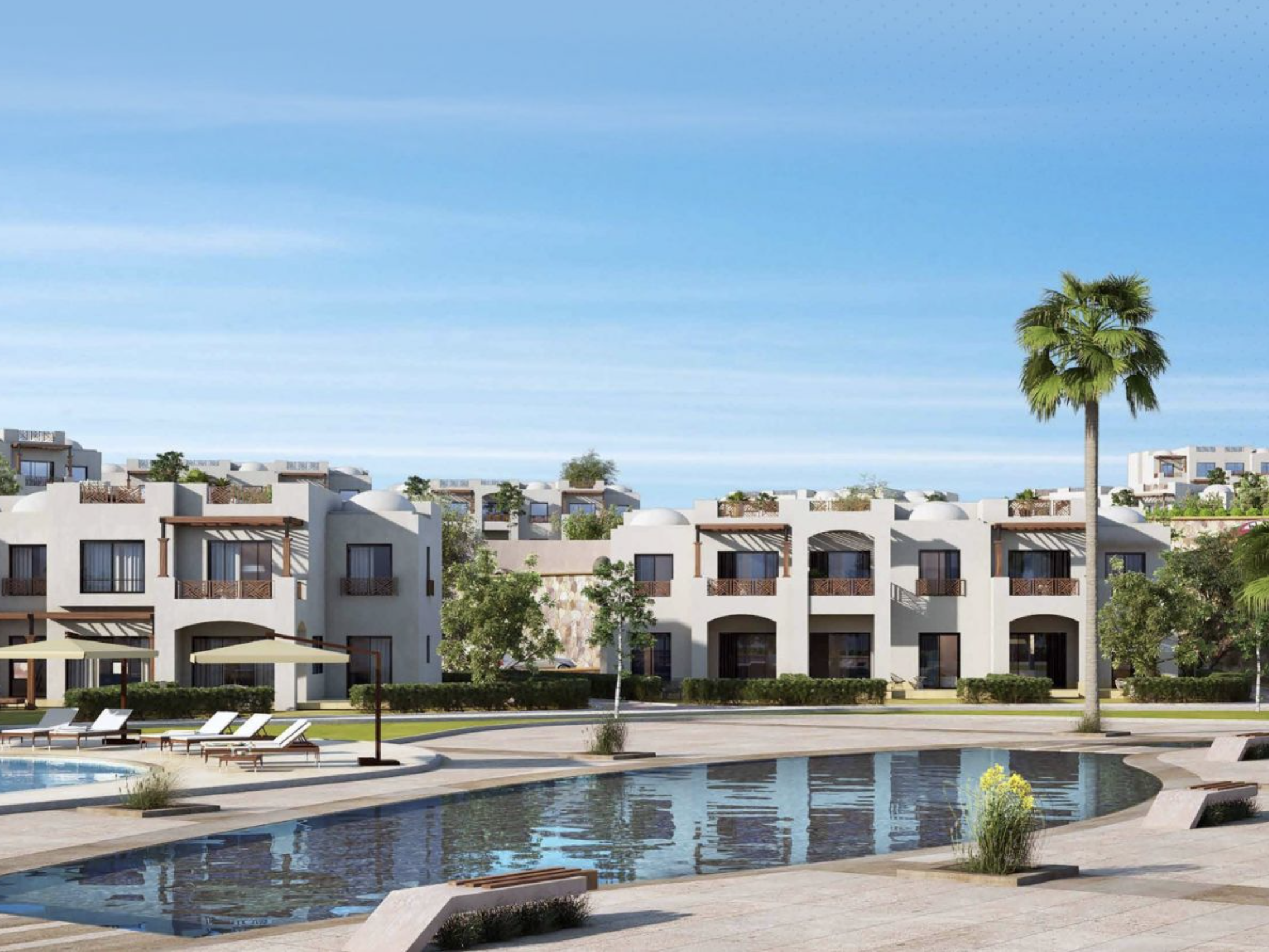Current Trends in the Egyptian Real Estate Market in 2024

The Egyptian real estate market has been a dynamic sector, reflecting the country's economic shifts and urban development ambitions. In 2024, several trends are shaping the market, offering both opportunities and challenges for investors, developers, and homebuyers.
We’ll delve into the key trends driving the Egyptian real estate market, providing insights that can help stakeholders make informed decisions.
Urban Expansion and New Developments:
New Administrative Capital One of the most significant trends in Egypt's real estate market is the development of the New Administrative Capital (NAC). Located 45 kilometers east of Cairo, the NAC is designed to alleviate congestion in Cairo and foster economic growth. The project features residential, commercial, and governmental districts, attracting both domestic and international investors. The NAC promises modern infrastructure, smart city technologies, and green spaces, making it a focal point for future urban development.-Smart Cities and Technological Integration In line with global trends, Egypt is investing in smart cities. These cities integrate advanced technologies to improve living standards, enhance security, and optimize resource use. Projects like Smart Village and the New Alamein City exemplify this trend, offering high-speed internet, smart utilities, and innovative transportation solutions.
Residential Real Estate Dynamics:
-High Demand for Middle-Income Housing. There is a growing demand for affordable and middle-income housing in Egypt. This trend is driven by the country’s young population and urbanization rate. Developers are increasingly focusing on providing housing solutions that cater to this demographic, with government initiatives like the Social Housing and Mortgage Finance Fund (SHMFF) supporting these efforts.
-Luxury and High-End Market .While there is a significant demand for affordable housing, the luxury segment is also thriving. Upscale developments in prime locations such as Cairo, Giza, and coastal areas like the North Coast are attracting high-net-worth individuals and expatriates. These properties often feature state-of-the-art amenities, private beaches, and exclusive communities.
Commercial Real Estate Trends:
-Retail Sector Transformation. The retail sector in Egypt is undergoing a transformation with the rise of e-commerce. Traditional brick-and-mortar stores are adapting by integrating online platforms and enhancing in-store experiences. Additionally, new shopping malls and retail complexes are being developed in strategic locations, offering a mix of entertainment, dining, and shopping options.
-Office Space Evolution. The demand for flexible office spaces is on the rise, influenced by the global shift towards remote work and hybrid models. Co-working spaces and serviced offices are becoming popular, especially among startups and small businesses. The New Administrative Capital and major cities like Cairo and Alexandria are seeing a surge in such developments.
-Real Estate Investment and Foreign Interest:-Attracting Foreign Investors Egypt’s real estate market is increasingly attracting foreign investors, drawn by the country's strategic location, growing economy, and favorable investment climate. The government has implemented policies to make property investment more accessible for foreigners, including streamlined procedures and incentives.
Investment in Tourism Real Estate:
Tourism remains a vital sector for Egypt, and real estate developments tailored to this industry are flourishing. Coastal areas such as the Red Sea and the Mediterranean coast are seeing investments in resorts, holiday homes, and tourism-related infrastructure. These projects are not only enhancing the tourism experience but also providing lucrative investment opportunities.
Challenges and Considerations
-Economic Fluctuations. The real estate market in Egypt, like any other market, is susceptible to economic fluctuations. Inflation, currency devaluation, and changes in interest rates can impact property prices and demand. Investors and developers need to stay informed about economic indicators and adjust their strategies accordingly.
-Regulatory Environment. Navigating the regulatory landscape can be challenging, especially for foreign investors. It is crucial to understand the legal framework governing property ownership, taxation, and investment incentives. Working with local experts and legal advisors can help mitigate risks and ensure compliance.
The Egyptian real estate market in 2024 is characterized by significant growth and diversification. From the development of smart cities and the New Administrative Capital to the evolving residential and commercial sectors, the market offers numerous opportunities for investors, developers, and homebuyers. By staying abreast of these trends and understanding the associated challenges, stakeholders can make informed decisions and capitalize on the market's potential.
